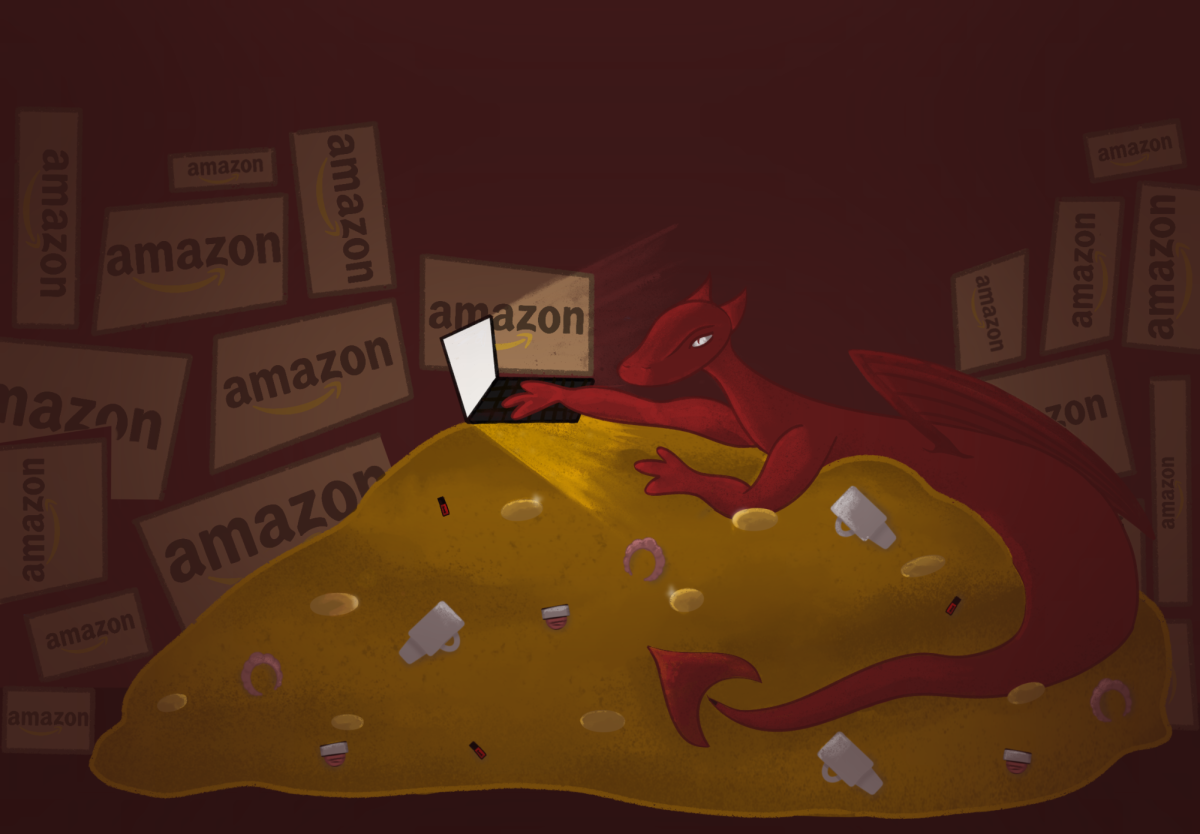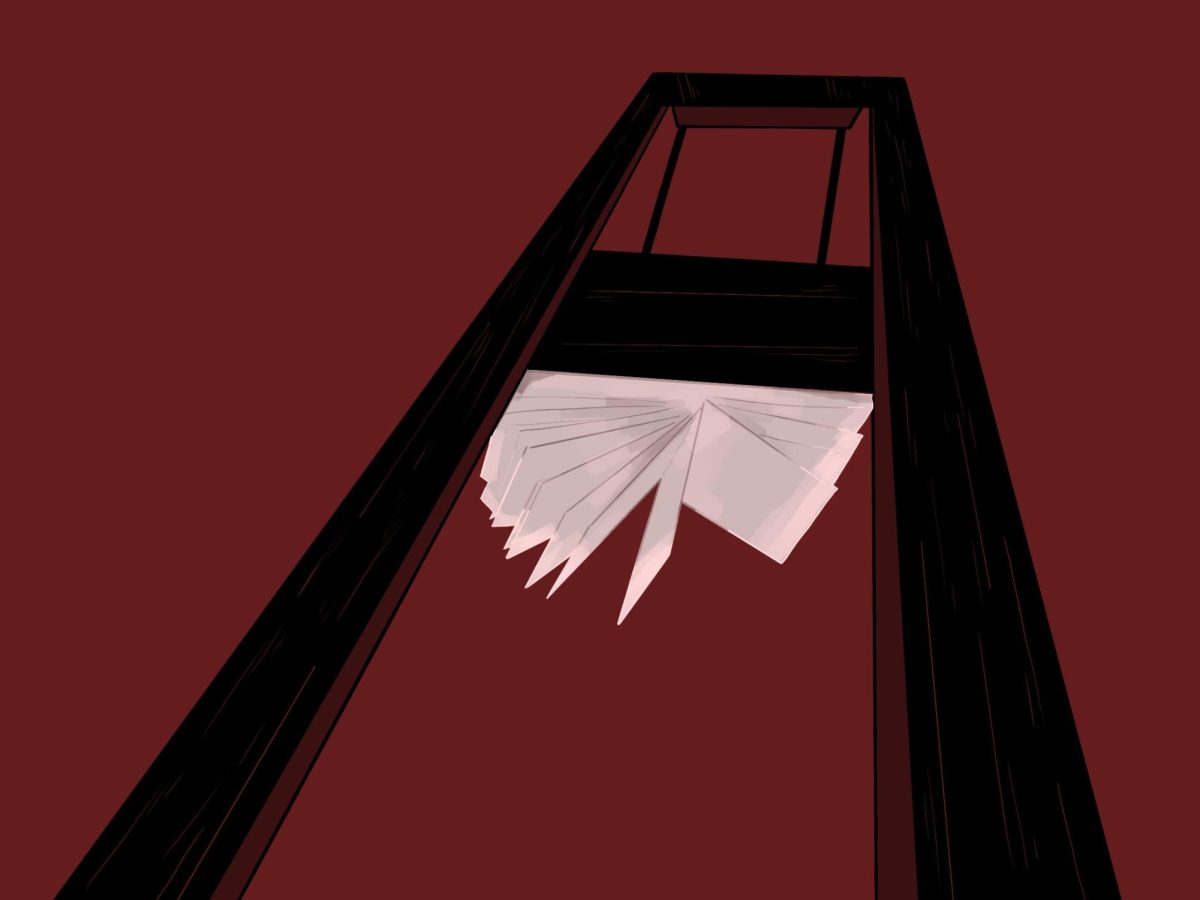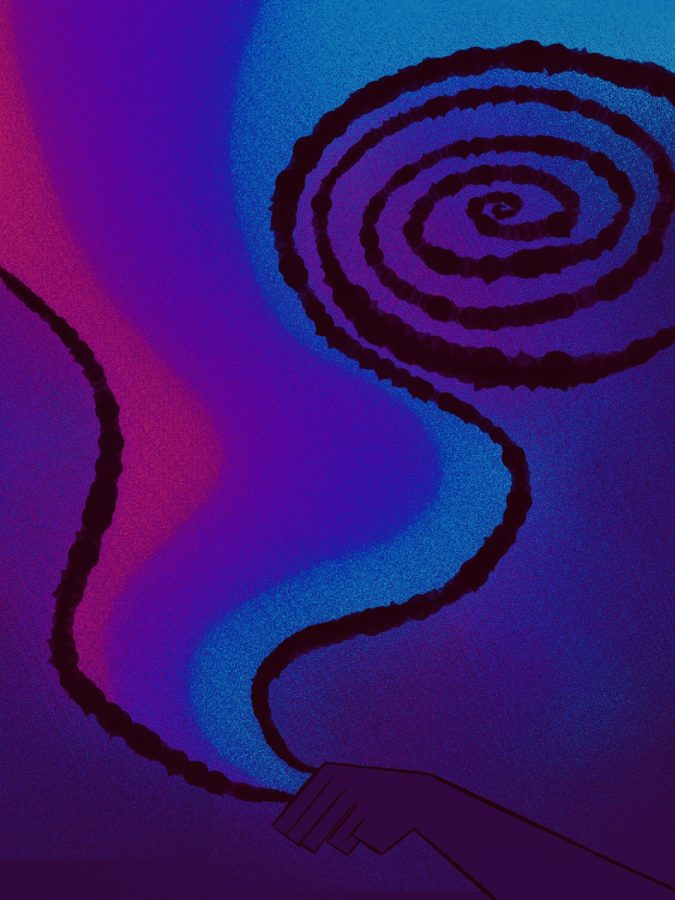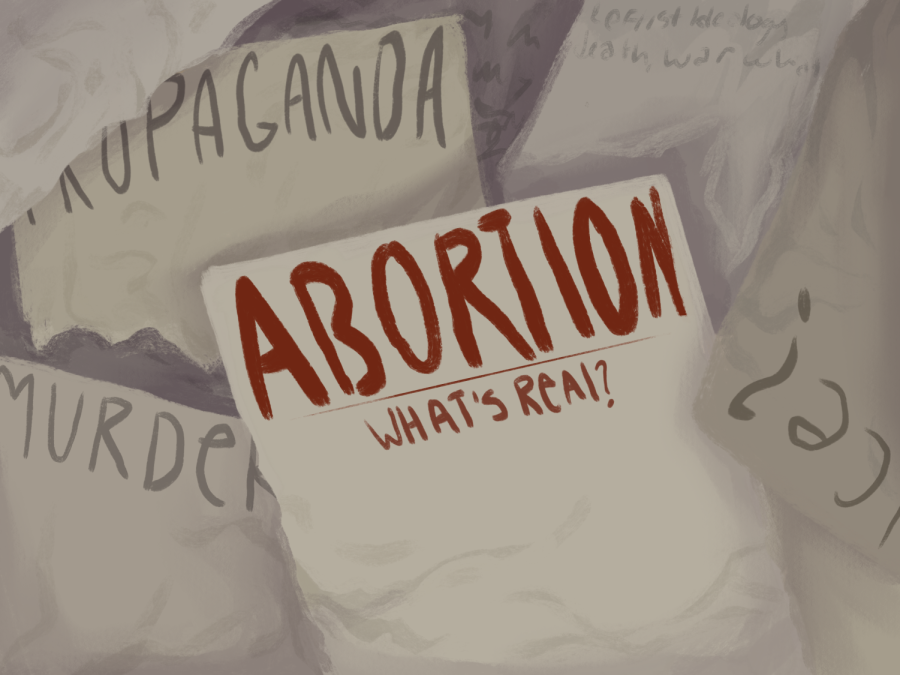“Each torpid turn of the world has such disinherited children to whom neither what’s been nor what is to come, belongs, for what comes next is too large and remote for humankind.”
Rilke, in his musings on the effects of change , could probably not have imagined that one of the major changes rocking our generation’s world would involve how, rather than what, we read.
Today, in our constantly changing and developing world, there are more surprises and more innovations than any one person could imagine. These transformational ideas, values and technology take us down roads that were uncharted even a generation ago.
Society today walks the road of technology and invention, but, like any road, it is hard to see where it will lead. Clashes between old ways of life and new technology are constantly erupting, providing ever more bumps in the road. One notable clash, escalating now, is between print books and digital books. The digital revolution that has up-ended the music and movie industries has hit the book business. The Kindle was Amazon’s was its bestselling item for the holiday gift season. That’s not even a book, but a digital reading device, or eReader.
James Carroll, author, believes that “Reading is an act of interiority, pure and simple. Its object is not the mere consumption of information. Rather, reading is the occasion of the encounter with the self. The book is the best thing human beings have done yet.” Books may very well be the best thing humans have done yet, but will they last in their current form? This question is being answered in the wildly competitive fight consuming the book industry right now.
Although ebooks are certainly a big part of the future of reading, what kind and how to distribute them is up for grabs, as is the place that print books will hold.
Books, in and of themselves, are simple. They are words on a page and pages bound together by glue. The simplicity is beautiful. With no need to charge it or replace batteries you can read it at any time you like. With no device you can easily slip the book into your backpack and carry it with you. You can collect them, display them, re-read them, annotate them, loan them, and own them until they turn to dust.
A person cannot “own” eBooks. In fact, they cannot be sure that the book will always be available due to the whims of the economy and digital storage. Once you buy a printed book, it is yours for good. Not to mention that if the right digital format is not available for the eBook you want, the book might not work on the specific device you have. Not a problem with good old-fashioned print books.
As an added bonus of print books, you can often read them for nothing at all. Libraries, anyone? Well, with eBooks, you cannot do this without a costly device. Nor can you buy used ebooks at a low price, or borrow one from a friend (yet). The device where you buy and read all these eBooks can be expensive, perhaps making books in general a lot less accessible.
Russ Grandinetti, head of content for Kindle, wants to make “every book ever written in any language, in print or out of print, all available within 60 seconds.” (As long as you have a Kindle, that is.) Google has also entered the retail eBook world with its new eBookstore, not to mention their ongoing project to digitize every print book that currently exists. What will this mean for the future of books? It could mean more people reading more types of books. And it might mean a big change in our current concept of reading.
With books on a device, such as a Kindle or a Nook, you can connect to the Internet. Meaning you can connect, almost instantaneously, to a community of other people reading the same book, or with the author themselves. The reading experience then becomes less an isolated pursuit than a social or collaborative one.
Also, with the ability to connect to the Internet eBooks often have links leading you to more information on the subject, as well as videos, music and web pages. Digitizing changes what we understand a book to be. It broadens our definition of what a book is, does and can become. Digital books and devices can create a whole new world for readers.
The expansive possibilities of digital publishing create possibilities for authors that would not have occurred in the traditional publishing world. If authors so choose, they can create a community for readers to submit their own ideas, criticism or praise for the book. This enhances not only the author’s writing, but also the reader’s enjoyment of future books.
EReaders these also create opportunities for more readers, once certain copyright and formatting problems are fixed, to obtain more titles that they may never have had access to before. In the online world, there are many books available that have been out of print or have limited access that are now available with a click of the mouse.
The devices and other technology necessary to deliver all these eBooks is expensive, but you will still be able to obtain books for little to no money at all. And, all the books you want will fit on one small device that you can take anywhere with you, giving you the choice of whatever you would like to read at any given moment.
For those who are visually impaired, there is even a “text-to-speak” option on many eReaders so they can listen to any books, even textbooks, giving them much more accessibility and variety than Braille or audiotape books.
Still not completely sold? Well then, not only will these eBooks be preserving the books we already have, creating many, many more books for all of society to have and share, but they also significantly reduce our reliance on paper products and petroleum-consuming transportation methods.
Kevin Kelly, co-founder of Wired magazine, sums it up: “In the clash between the conventions of the book and the protocols of the screen, the screen will prevail. On this screen, now visible to one billion people on earth, the technology of search will transform isolated books into the universal library of human knowledge.”







